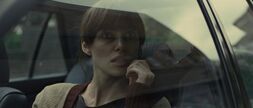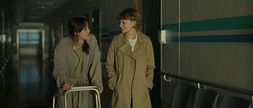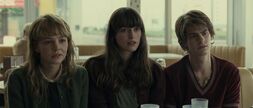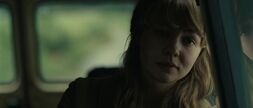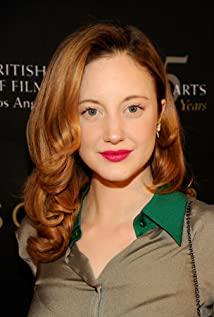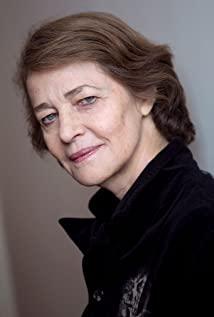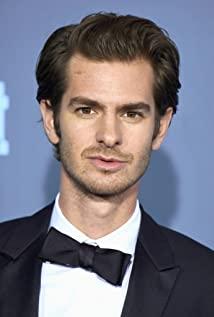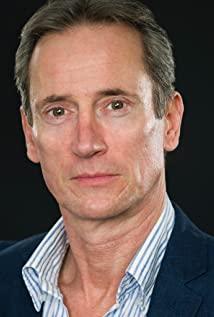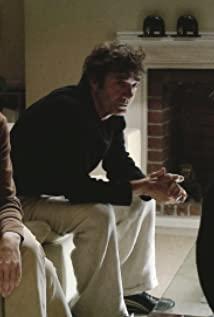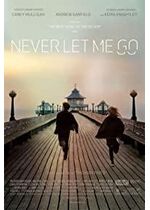-
[last lines]
Kathy: It's been two weeks since I lost him. I've been given my notice now. My first donation is in a month's time. I come here and imagine that this is the spot where everything I've lost since my childhood has washed out. I tell myself, if that were true, and I waited long enough, then a tiny figure would appear on the horizon across the field, and gradually get larger until I'd see it was Tommy. He'd wave and maybe call. I don't let the fantasy go beyond that. I can't let it. I remind myself I was lucky to have had any time with him at all. What I'm not sure about is if our lives have been so different from the lives of the people we save. We all complete. Maybe none of us really understand what we've lived through, or feel we've had enough time.
-
Miss Lucy: The problem is you've been told and not told. That's what I've seen while I've been here. You've been told but none of you really understand. So I've decided I'll talk to you in a way that you will understand. Do you know what happens to children when they grow up? No, you don't, because nobody knows. They might grow up to become actors, move to America. Or they might work in supermarkets. Or teach in schools. They might become sportsmen or bus conductors or racing car drivers. They might do almost anything. But with you we do know. None of you will go to America. None of you will work in supermarkets. None of you will do anything except live the life that has already been set out for you. You will become adults, but only briefly. Before you are old, before you are even middle-aged, you will start to donate your vital organs. That's what you were created to do. And sometime around your third or fourth donation, your short life will be complete.
[turns away]
Miss Lucy: You have to know who you are, and what you are. It's the only way to lead decent lives.
-
Kathy: It had never occurred to me that our lives, which had been so closely interwoven, could unravel with such speed. If I'd known, maybe I'd have kept tighter hold of them and not let unseen tides pull us apart.
-
[first lines]
Kathy: My name is Kathy H. I'm 28 years old. I've been a carer for nine years. And I'm good at my job. My patients always do better than expected, and are hardly ever classified as agitated, even if they're about to make a donation. I'm not trying to boast, but I feel a great sense of pride in what we do. Carers and donors have achieved so much. That said, we aren't machines. In the end it wears you down. I suppose that's why I now spend most of my time not looking forwards, but looking back, to The Cottages and Hailsham, and what happened to us there. Me. Tommy. And Ruth.
-
[first lines]
Title Card: The breakthrough in medical science came in 1952. Doctors could now cure the previously incurable. By 1967, life expectancy passed 100 years.
-
Nurse: [Kathy has just discovered Ruth at the same donation clinic] Is that someone you know?
Kathy: Yeah. Actually, we grew up together.
Nurse: Oh.
Kathy: How is she?
Nurse: ...Were you close?
Kathy: We haven't seen each other now for almost ten years.
Nurse: Well, Ruth isn't as strong as we would hope, at this stage.
Kathy: She's done two donations?
Nurse: She has.
Kathy: ...You think she'll complete on the third?
Nurse: I think she wants to complete. And, as you know, when they want to complete, they usually do.
-
Miss Emily: We didn't have the Gallery in order to look into your souls. We had the Gallery in order to see if you had souls at all.
-
Madame: You poor creatures. I wish I could help you. But you're by yourselves now.
-
Miss Emily: Hailsham was the last place to consider the ethics of donation. You have to understand - cancer used to kill almost everyone. Now it kills no one at all. We used your art to show what you were capable of. To show that donor children were all but human. But it was all a mistake. We were providing an answer to a question that no one was asking. You see - it's not an ethical issue - it's just about the way we are. If you ask people to return to darkness, the days of lung cancer and breast cancer and motor neurone disease... they simply say no. Do you understand?
-
Nurse: I think she wants to complete, and you know, when they want to complete, they usually do.
-
Ruth: You hear things, don't you.
Kathy: What kind of things?
Ruth: Well, you know... Maybe after the fourth donation, when you've technically 'completed', you're still conscious in a way. And then you find out that there's more donations, plenty of them. Just no more recovery centers, no more carers. Just watching and waiting... till they switch you off... I don't think I fancy that.
-
Tommy: I don't suppose you both heard that Hailsham was closed? The only schools left now, you hear they're like battery farms... I'm sure that's an exaggeration, though.
Never Let Me Go Quotes
Extended Reading


